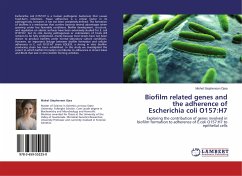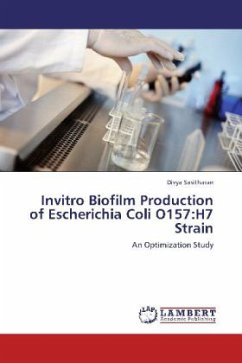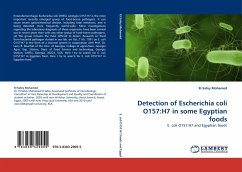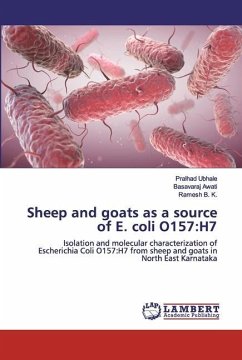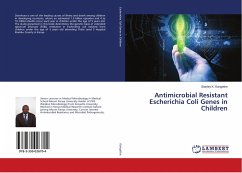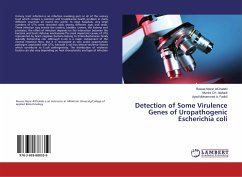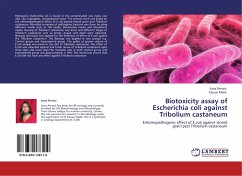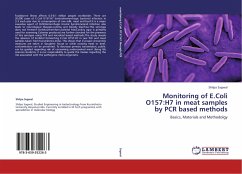Escherichia coli O157:H7 is a human pathogenic bacterium that causes food-born infections. Tissue adherence is a critical factor in its pathogenicity, however, it has not been completely defined. The formation of biofilms is a mechanism that confers bacteria several advantages when growing under less favorable conditions. Biofilm development, structure, and regulation on abiotic surfaces have been extensively studied for E. coli O157:H7, but its role during pathogenesis or colonization of hosts still remains to be fully understood, mainly because most strains have not been shown to produce biofilms under normal laboratory culture conditions. However, an important linkage between biofilm formation and cellular adherence in E. coli O157:H7 strain EDL933, a strong in vitro biofilm-producing strain has been established. In this study we investigated the extent to which biofilm formation contributes to adherence in strains Sakai and 86-24 that lack in vitro biofilm forming activities.

